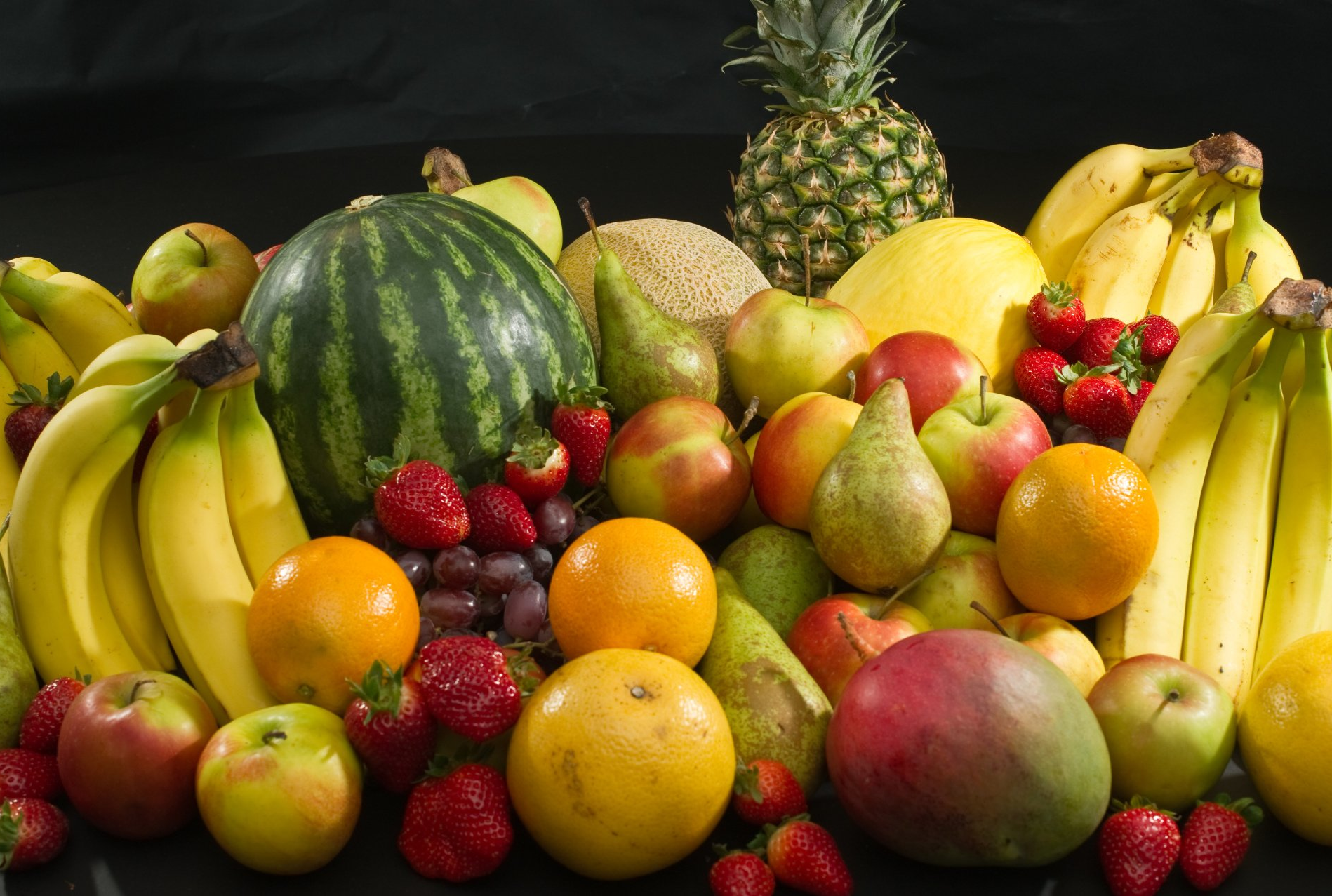Misconceptions About Kwanzaa: Does Not Kwanzaa Promote Homophilia?
- By kwende ukaidi
- •
- 08 Dec, 2021
- •
Celebrating the Wonderful Observance of Kwanzaa

By grand orchestration of the Creator Supreme the Afrikan
masculine man and the Afrikan feminine woman have constituted the foundational harmonious
and complementary union at the basis of Afrikan familyhood from the beginning. It
is from this union that new life naturally comes forth. From the earliest times
Afrikan people have enshrined their familial order within spiritual conception.
The age-old story of Ausar, Auset and Heru highlights a premier example of this.
As a guide to physical Afrikan life expression, such wisdom laden stories set an
eternal frame of reference for the coming together of the kingly Afrikan man
and the queenly Afrikan woman in complementary union. Throughout the ages Afrikan
family, community and nation have thrived in brilliancy of their natural family
order to produce the world’s greatest and most long-lived civilisations. In
this, the alternative ‘sexual preferences’ that emerge or are popularised
contemporaneously in the context of ‘the west’ or elsewhere are not a feature
of Afrikan culture. The wonderful observance of Kwanzaa is a firm part of Afrikan
culture that celebrates the rightful establishment, growth and development of
the natural male-female union and the sacred fruit of the Afrikan young.
With the interruption and disruption of the Maafa of recent centuries alien forces of ill have set upon Afrikan life and culture in destructive ways. In the now, exposure to practices alien to the natural norm of Afrikan life continue where the impact can be compounded amidst an imposed cultural crisis. According to the author Mwalimu K. Bomani Baruti:
“This is even, and especially, the case among Afrikans who see their experimentations with European sexual practices as above race and culture because they believe sex is separate from and above race and culture. In any thought or act, Afrikans who see themselves as ‘above’ themselves are sadly mistaken”.
Practices such as homophilia that have been popularised in ‘the west’ are not a natural feature of Afrikan culture whether it is lauded as being ‘unquestionable’ or not. According to a popular mainstream source the word homophile is defined as:
“relating to gay people”.
The wonderful observance of Kwanzaa is a grand celebration of Afrikan family, community, nation and race. The foundational growth and prosperity of the Afrikan family with the establishment of the Afrikan man and Afrikan woman in harmonious and complementary union that is able to naturally bring forth the Afrikan young has been cultural dictum throughout the Afrikan continuum. It is from this dictum that the Afrikan family flourishes and is amplified into Afrikan community, nation and so on. The wonderful observance of Kwanzaa celebrates such imperative Afrikan victory and ascension and as such it is a gross misconception to suggest that Kwanzaa promotes homophilia.
Kwanzaa is one of the essential cultural observances of life within the Universal Royal Afrikan Nation. The Universal Royal Afrikan Nation (URAN) is an Afrikan-centred spiritual and cultural mission for ascendancy that embodies living spiritually and culturally rooted life. To find out more about URAN and its spiritual-cultural mission for liberty and nationhood click here. The exquisite URAN pendant can be obtained online by clicking here.
In his capacity as an Afrikan-centred spiritual cultural practitioner this author is available for further learning in this regard and also for the carrying out of ceremonies such as naming and name reclamation. For details please click here.
Afrikan World Studies programmes are an important forms of study in understanding the Afrikan experience. There are a range of subjects covered on these programmes including History, Creative Production, Psychology and Religion. To find out more about these learning programmes please click here. For the video promo for these learning programmes click here.
Also, in the approach to the important cultural observance of Kwanzaa, the text: From Pert-En-Min to Kwanzaa - A Kuumba (Creative) Restoration of Sacred First Fruits by this author is available to purchase online here. This publication provides informative detail on the of the Kwanzaa celebration. You can also visit the institution of Yemanja to pick up a copy.
At nominal cost, also consider acquisition of an a4 laminate poster of articulations by this author when visiting the Yemanja institution to enrol, consult, learn, gather or otherwise.
Also, visit www.u-ran.org for links to Afrikan liberation Love radio programme on Universal Royal Afrikan Radio online
